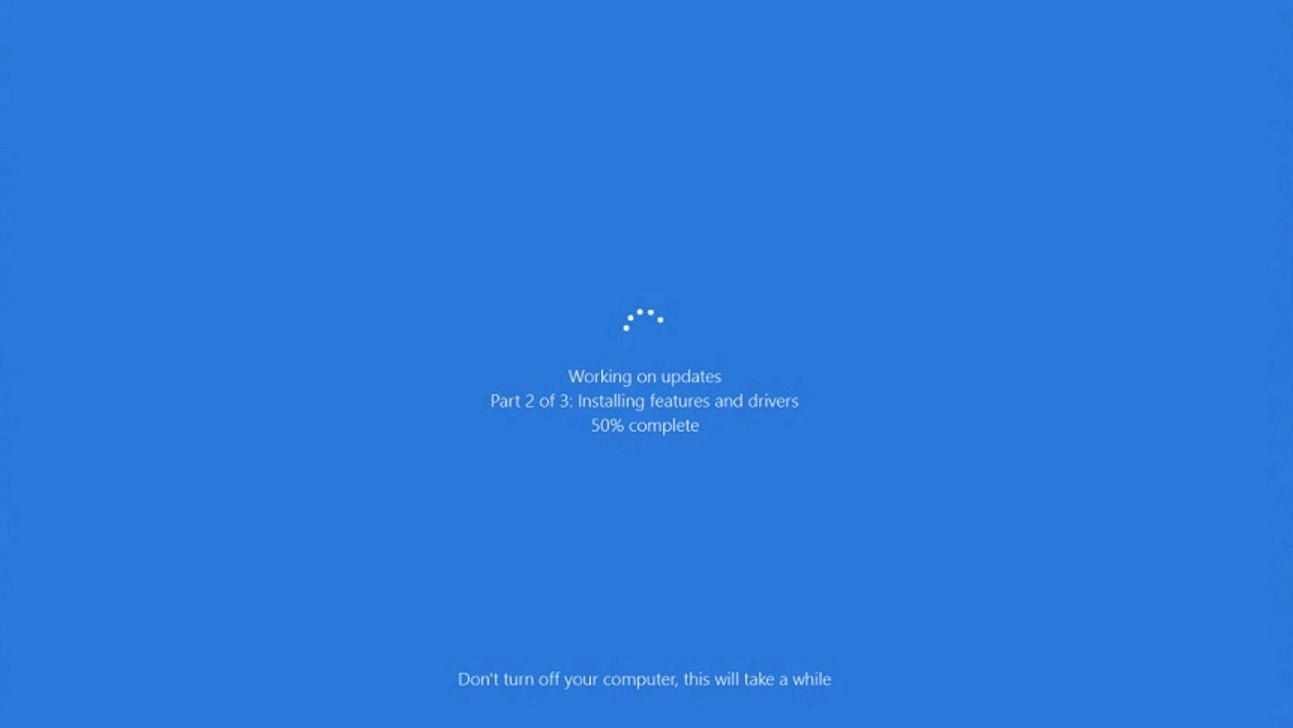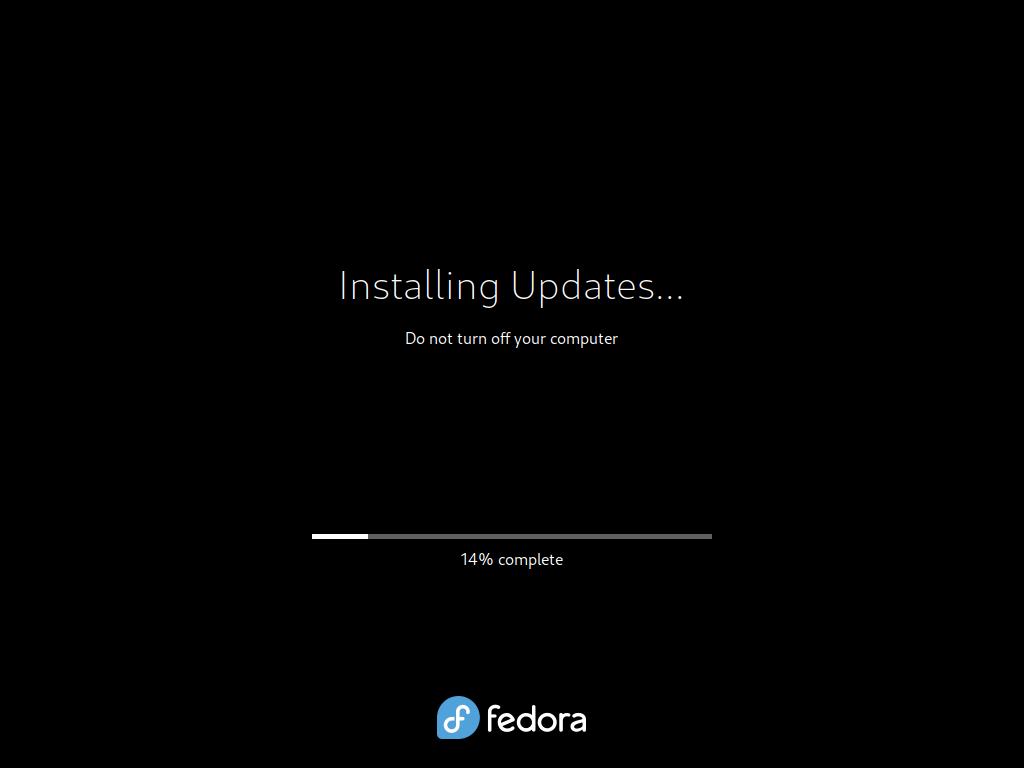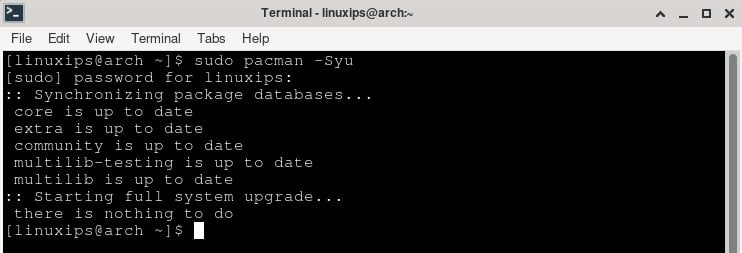
Linuxsucks
Rules:
- FOSS advocates and Linux evangelists aren't welcome. -We ask that you block us.
- Moderation is heavy handed. Try to stay on topic (that is LINUXSUCKS!).
- No Complaining Mute the sub if users, content, or rules bother you *it's ok to report rule violations

What a real update screen looks like in linux:

The only time Arch is up to date is when it just finished updating.
Are you sure? Some packages might have had time to get updates while you updated!
My problem is I have a /boot partition big enough for the old days, and now every time Linux Mint updates the kernel it's hit and miss whether it has space to install the new one without removing the old first!
Let's compare the update process when you want to shutdown your computer:
Windows:
- Doesn't leave you the choice: your getting updated now, deal with it
- Starts to update
- Reboots, update for 2 minutes (wasn't that bad)
- Reboots again, updates for 15 minutes (come on man, I'm gonna miss my train !)
- Reboots AGAIN ! continue and eventually finishes the update
- Shutdown
Fedora:
- We have downloaded updates, do you want to Install them before shutdown?
- Not this time, thank you
- Shutdown Or if you do let it install, reboots always just once, updates 2 minutes, done.
If you have disk encryption or bitlocker, you just can't let the PC update unattended. Not knowing how many times windows needs to reboot for this update is hella annoying.
I shutdown on windows without updating all the time. Not sure where you're getting no choice from.
It's my work laptop, configured by IT. Maybe that's why.
- Doesn't leave you the choice: your getting updated now, deal with it
Interesting, my W11 allows me the choice between 'Shutdown' and 'Update and shutdown'. I've never had it force an update on me.
For the other points: are you still running Windows on spinning rust or something? I've never seen update take longer than a few minutes at most. And why are you waiting for Windows to do its thing? Choose 'Update and Shutdown' and go catch that train.
Only time I have no choice is when I've been putting that update off, and off, and off, for a while. I see that little orange dot but I either ignore it, or I snooze it, or whatever. And one day windows is like all right dude, you gotta do this, let's go.
Maybe I don't get choice because it's the laptop provided by my company for work. It's not old rust, it's new from this year and has 32GB or RAM and and SSD and a rather powerful CPU. It is fucking slow to do anything tho ! My older laptop still had windows 10 and would take 30s to boot up, this new one takes 5 to 10 minutes ! Just open a Excel sheet takes 45 seconds...
Could be they enforce the update process through policies, while annoying that is not a bad thing perse. On my Linux machine I can run an ancient kernel, leaky libraries and all kinds of vulnerable software and my employer would be none the wiser. Everybody is responsible for maintaining their own machine, no matter if they run Windows or Linux. That's the other side of the spectrum and pretty bad from a security perspective, in all honesty.
Your slowness could be caused by BitLocker being enabled on an SSD not supporting hardware encryption, causing Windows to do the encryption in software mode. That uses the CPU for encryption and can drastically reduce performance. Might be worth checking out, with those specs Windows really should not be slow.
it was an odd choice for fedora to default to reboots for system updates. I can dnf update to avoid it but I keep forgetting.
I think they're preparing everyone for immutable installations but they're a long way off from that.
When the kernel is updated, a reboot is necessary to load the new version. Improvements and security fixes aren't implemented until a reboot. Services and daemons likewise need restart to ensure they're working. When libraries are updated (OpenSSL or Gnutls for example), they might get run with the wrong version of an application.
Having the control over your system at least gives you the full ability to tweak things. I've been daily driving you know what for a couple of years now and have had no breaks even with multiple updates per week. It does the usual web browsing, listening to music, and gaming on Steam with no problems whatsoever.
I was absolutely gobsmacked that I could play hogwartz on the platform which must not be named. If it can play this game...
You press update and suddenly you're spending the whole weekend trying to get everything working again. I wish a massive company would just control everything so I don't have to be inconvenienced
I did a software update for a service on a system recently. Little did I know that the updated software requires Python 3.9+, and I had Python 3.8.
Took me over an hour to get the stupid program running again.
What on earth are you tweaking and repairing for so many hours?
My shortlist, off the top of my head:
- Trying to solve screen tearing with Nvidia drivers.
- Trying to get LightDM to show me my god damned profile photo on login (still have not succeeded)
- Debugging a problem where my DE fails to come up on login unless I manually hop to TTY7 myself
- Endlessly forgetting which of the two or three different directories my
.desktopfiles actually live in, and navigating the poorly-documented format for modifying them - Fixing apps in my taskbar showing generic Wayland icons
- Trying to have any consistent success at all with Bluetooth
- Trying to figure out which fucking audio stack my distro actually uses so I can know for sure whether the magic incantation on StackExchange will fail because it's for the wrong stack or fail because it's the correct stack and the stack is garbage
- python2 and python3 symlink hell
- Faffing around with WINE settings
I thrive in the pain. But yes, there is plenty of pain.
Now here's someone who uses Linux. 😆
Not OP, but I’ve been trying to allow an external drive to be written to from a computer in a different room on the same network and I swear to god this shit is impossible.
I do this via ssh / fusefs and it works completely fine. What are you using?
Python dependencies while having to use python2 and python3 at the same time
Only problem I've bumped into with that is that the "python" command doesn't work out of box on most newer Linux machines. It definitely doesn't take hours nor any repairs to install "python3-is-python" and get that working either (if I care).
Try using outdated tools with deprecated dependencies, and then those deprecated dependencies need old versions of libs you have the newer versions installed.
I mean I've done a thing or two but honestly the worst problem I've had in recent years is trying to get a flatpak to work in Linux mint / newest Ubuntu because something about Qt had changed.
For the most part it works, without the ads, unlike the "competition". I also get an advantage in that it's basically a native thing for me at this point, so I'm better than a lot of my co-workers at using it (which is inevitable because Linux is basically the entire Internet).

I thought "saving 2 seconds of boot for the cost of [endless pain]" was a dig on systemd and I respected how brave OP was to speak out against fans of The Blob.
Then it was about Linux in general and I wonder whether OP saw a good stable distro before Lennart's Tumour started growing in it. Even upstart was faster, and easier to configure.
You don't have to, OP. You could just accept those defaults as they are and enjoy the system.
...
Yeah, I didn't think so.
Free up your time or free up your spare time?
